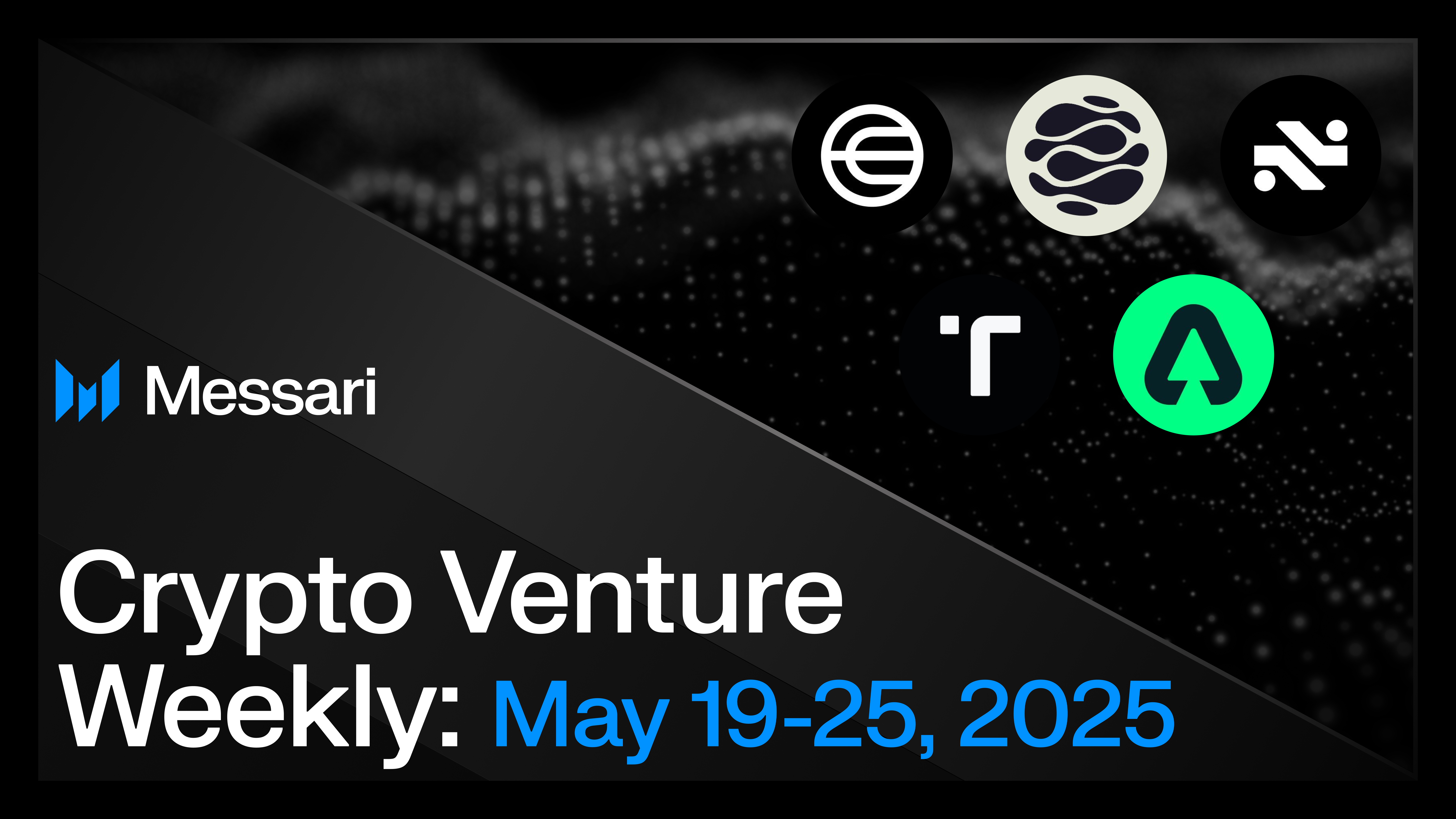4EVERLAND: Pioneering Web3 Cloud Computing with a Dual-Token Model

4EVERLAND is revolutionizing the Web3 landscape with its integrated cloud computing platform that merges storage, networking, and computational capabilities. Positioned within the Decentralized Physical Infrastructure Networks (DePIN) and AI sectors, 4EVERLAND aims to facilitate a smooth transition for developers from Web2 to Web3. The platform’s economic model is meticulously crafted to ensure network stability and security while promoting a sustainable incentive mechanism. This approach not only accelerates the deployment of resilient infrastructure but also guarantees a fair distribution of benefits among all stakeholders, fostering collaboration towards shared objectives that enhance the ecosystem’s overall value.
The dual-token economic model of 4EVERLAND comprises $4EVER, the governance token, and $LAND, the resource-accounting token. $LAND serves as a stable payment system pegged at a fixed exchange rate, ensuring predictable billing for resource consumption. It is strictly used for resource payments within the ecosystem and cannot be traded on secondary markets. Conversely, $4EVER functions as the governance and utility token, enabling holders to participate in decision-making processes and capture value through a buyback mechanism. This dual structure effectively separates resource consumption from governance, providing a streamlined operational model that enhances user engagement and liquidity.
Looking ahead, 4EVERLAND’s tokenomics are designed to balance long-term stability with growth opportunities. With a total supply of 10 billion $4EVER tokens, allocations are strategically distributed to incentivize resource providers, support community development, and ensure operational funds. The platform’s vision is to establish $4EVER as a pivotal component in the decentralized internet, empowering developers and users to collaboratively build a thriving Web3 ecosystem. As 4EVERLAND continues to evolve, it is poised to become a significant player in the future of decentralized infrastructure and community-driven innovation.
Related News





